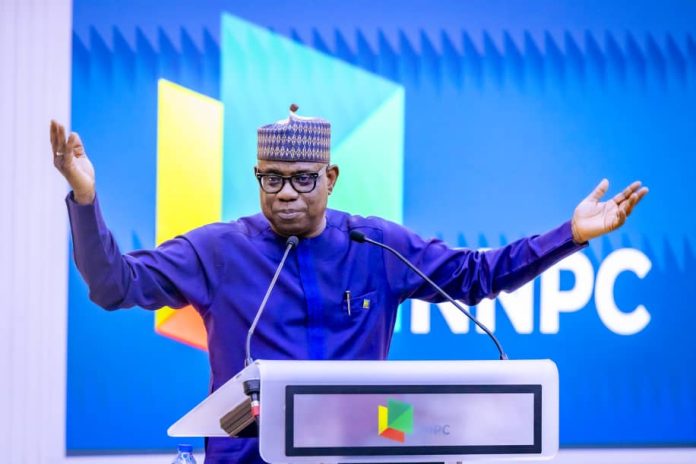NIyi JACOBS
Petrol prices in Nigeria have surged dangerously close to ₦1,000 per litre, sparking a blame game between petroleum marketers and retailers over the cause of the latest hike.
On Monday, BusinessNG reported that Nigerian National Petroleum Company Limited (NNPCL) retail outlets nationwide increased fuel prices significantly. In Abuja, Nasarawa, and Kogi States, pump prices jumped by ₦65—from ₦890 to ₦955 per litre—over the weekend. Similar price adjustments have occurred across the country, compounding the burden on Nigerians already grappling with rising living costs.
Independent outlets such as Ranoil, AA Rano, Shema, Empire Energy, and Optima had already increased prices to between ₦950 and ₦971 per litre in Abuja during the weekend. These hikes come even as Brent and West Texas Intermediate crude prices slipped to $68.70 and $66.24 per barrel respectively, raising further questions about the true drivers of domestic fuel costs.
Industry groups are offering conflicting explanations. The Independent Petroleum Marketers Association of Nigeria (IPMAN) attributes the increase to foreign exchange instability and supply-side challenges. IPMAN spokesman Chinedu Ukadike said rising depot and refinery ex-depot prices—combined with a weak naira—were fuelling the crisis.
“Fuel prices went up due to forces of demand and supply. Supplying depots and Dangote Refinery have increased their ex-depot petrol prices. The cost of the dollar is a major reason. As of Friday, Dangote was selling at ₦858 per litre, NIPCO at ₦870, Aiteo ₦855, and Ranoil ₦865,” Ukadike told BusinessNG.
However, the Petroleum Products Retail Outlets Owners Association of Nigeria (PETROAN) disagrees. Its National President, Billy Gillis-Harry, squarely blamed the Dangote Refinery’s pricing model, arguing that it lacks transparency and consistency. “We should be looking at proper fuel pricing because what the Dangote Refinery is doing is not proper pricing,” he said.
Despite the conflicting viewpoints, what remains clear is that the deregulated downstream sector—combined with forex volatility and inflation—continues to expose Nigerians to unrelenting pump price volatility. The latest developments further highlight the need for a comprehensive review of Nigeria’s fuel pricing and supply framework.














